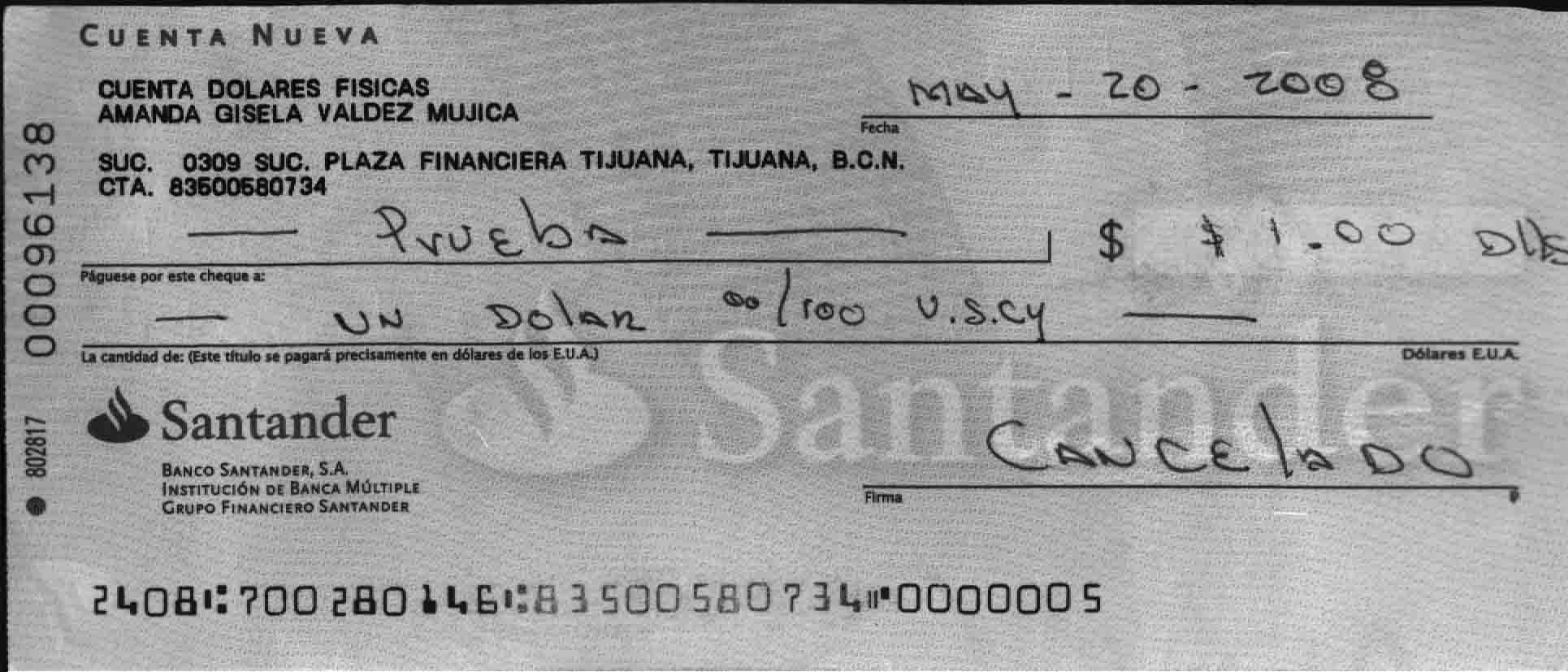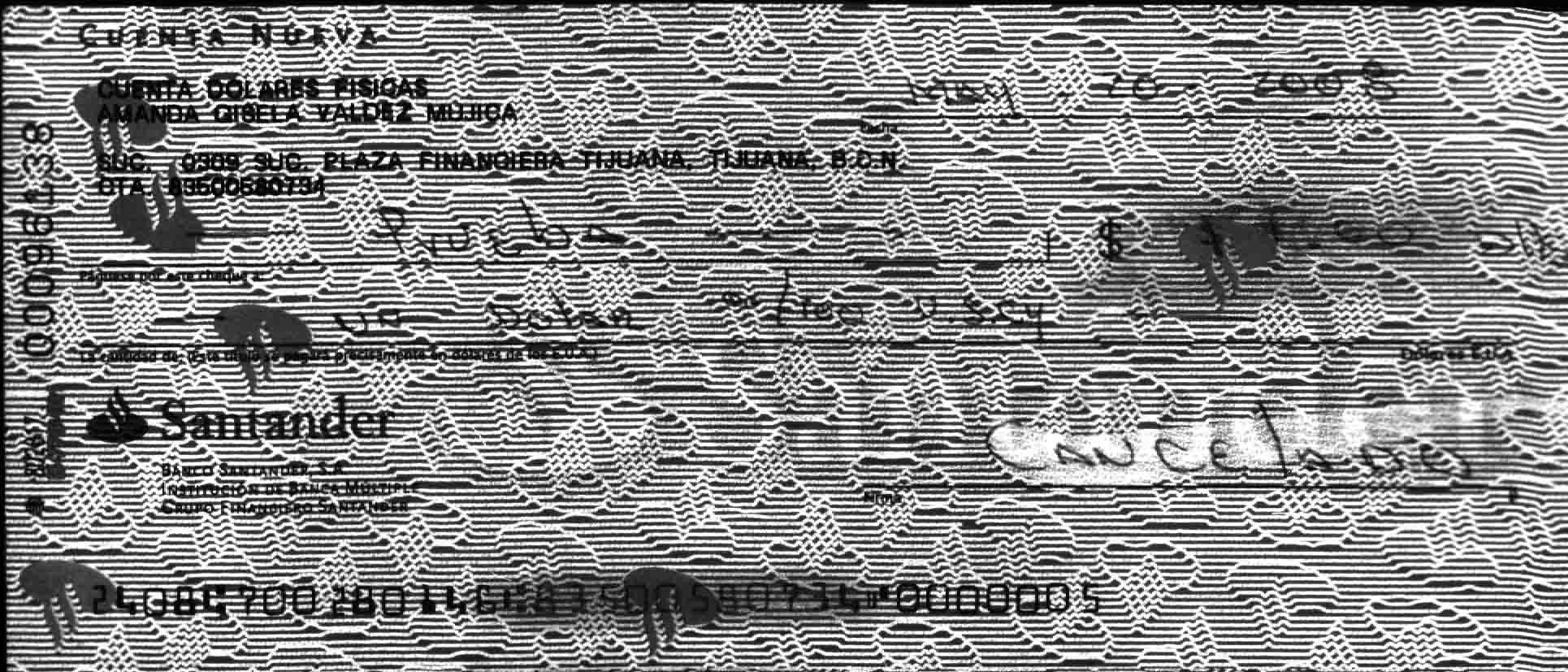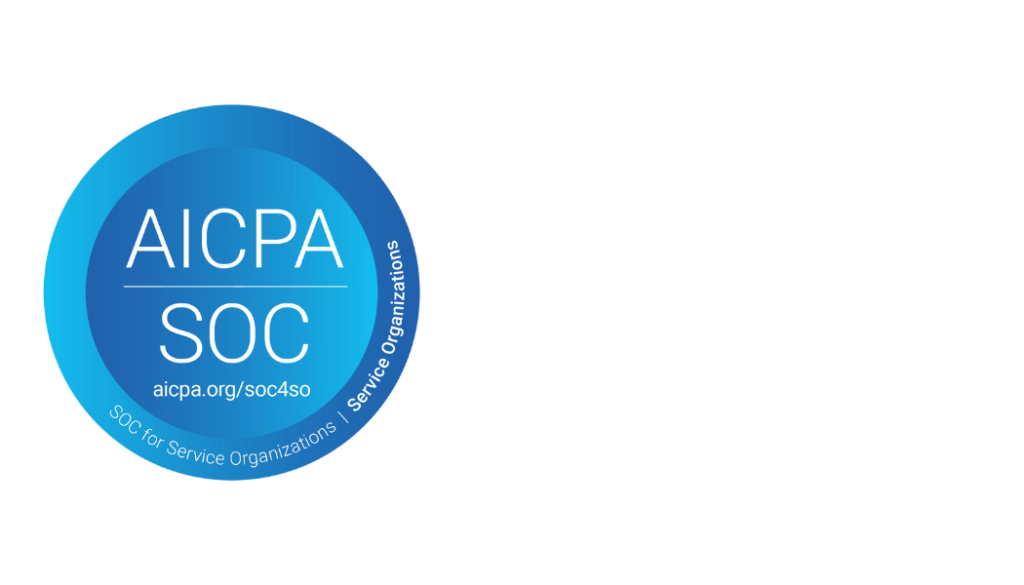Check fraud is a serious and costly issue around the world. In fact, though the number of checks written has decreased 26% between 2009 and 2010, according to a recent article in The Green Sheet, citing 2010 Federal Reserve Payments Study, the per-item cost due to check fraud has doubled from 2009 to 2011 from $0.18 to $0.36.
Check fraud takes many different forms from check kiting (using the float to pass checks with no funds behind them), to check washing (removing the original information on a check and replacing it with new information), to outright check counterfeiting. With the availability of technology today, none of these methods requires great expertise; however, RDC has reduced the ability of fraudsters to get away with their schemes.
washing (removing the original information on a check and replacing it with new information), to outright check counterfeiting. With the availability of technology today, none of these methods requires great expertise; however, RDC has reduced the ability of fraudsters to get away with their schemes.
With the advent of RDC, check float has been reduced to mere minutes and many applications have features built in to check for account balances and check for invalid account and R/T numbers so that before the transaction has been completed, the operator is often alerted to fraudulent activity. Even if a depositor gets away with a single fraud, their account is subject to being closed and they will be added to fraud databases to protect against future attempts. No longer do days go by before fraud is flagged; now it is a matter of minutes, if not seconds.
In addition, Digital Check has built features into our Special Document Handling (SDH) process to flag suspect items when they are scanned. The scanner and software can be triggered from various features such as the absence of MICR ink to suspect account numbers so that the operator is alerted to potential fraud. For more information about Digital Check scanners and our SDH feature, contact us.





